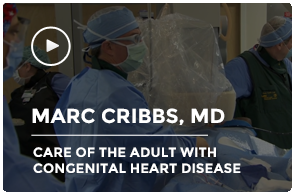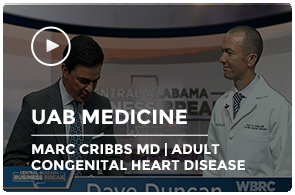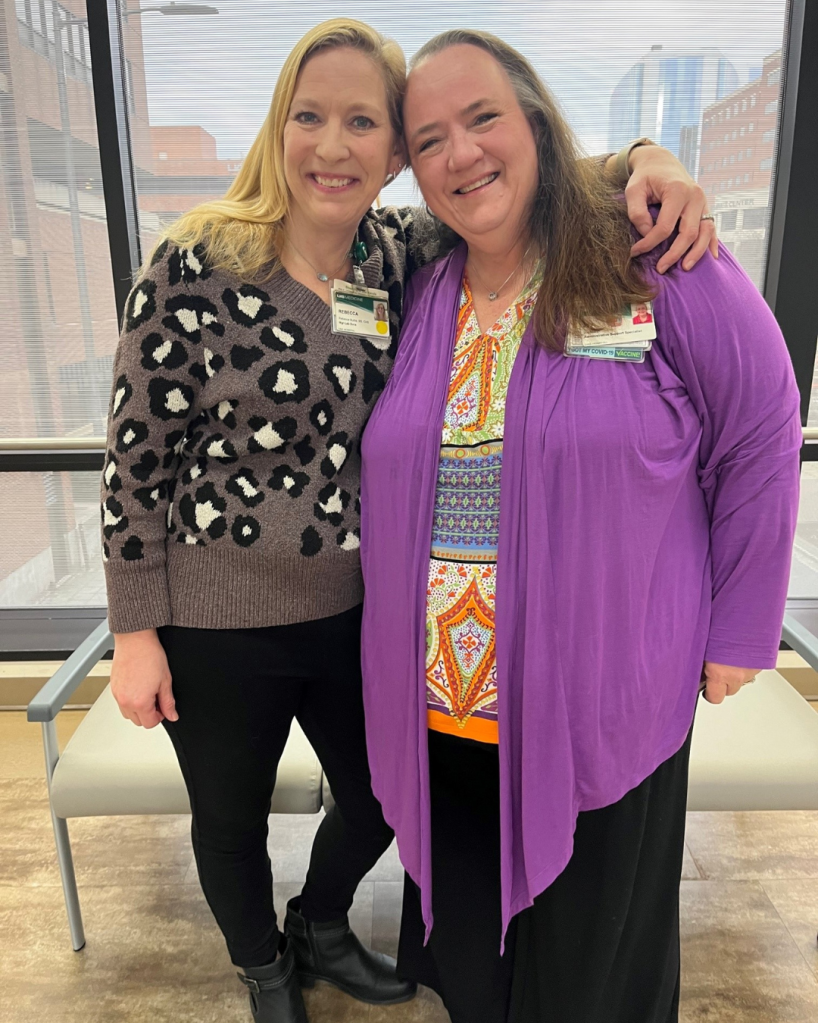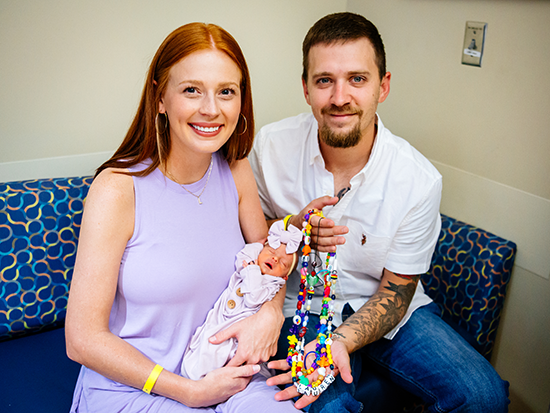The aortic valve regulates blood flow from the heart into the aorta, the major blood vessel that delivers oxygen-rich blood to the body. Normally the valve has three branches or leaflets, but about one in 50 people are born with only two leaflets, which is known as a bicuspid aortic valve. The cause of this problem is unclear, but it is extremely common and often runs in families. In many cases, a bicuspid aortic valve goes undiagnosed throughout life because it doesn’t always cause symptoms. However, if the valve leaks or becomes narrow it can create complications such as congestive heart failure, leakage of blood through the valve back into the heart, and a narrowing of the valve’s opening. If the complications are severe, surgery may be needed to repair a leaky or narrowed valve; in some cases a narrowed valve also can be opened through cardiac catheterization, in which a fine tube (catheter) with an inflatable balloon device on the end is directed to the heart and into the narrow opening of the aortic valve. Medication also may be used to relieve symptoms and avoid problems.
The UAB Congenital Heart Disease Program offers the most advanced care for congenital (present at birth) heart disease, which often requires lifetime monitoring and care. Our multi-specialty team of pediatric and adult cardiologists, cardiovascular surgeons, cardiovascular anesthesiologists, and maternal-fetal medicine specialists have unique expertise in treating patients before birth and into adulthood.
UAB Medicine’s modern ultrasound equipment allows many heart defects to be diagnosed before a child is born. Screening exams performed at 18-20 weeks are recommended for expecting mothers or fathers known to have congenital heart disease. If a defect is discovered, our experts provide prenatal treatment and develop a plan for delivery and treatment after birth.
Thanks to advances in pediatric congenital care, the life expectancy for most patients now reaches far into adulthood. However, more than half of the people with congenital heart problems stop seeing a cardiologist once they turn 18. UAB’s Alabama Adult Congenital Heart Disease Program is designed to prevent that gap in care. As the only adult congenital heart disease program in the state and one of only a few in the country, our expertise greatly increases the chances that symptoms will be identified early. This helps ensure that less serious problems are addressed before they develop into larger, more life-threatening issues such as heart failure, arrhythmia, residual congenital heart defects, endocarditis, and stroke.
Videos
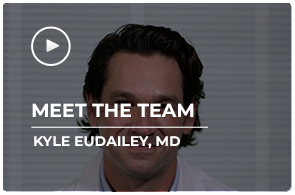
Resources
- UAB Cardiovascular Surgery Patient Guide 2022
- UAB Division of Cardiovascular Disease
- UAB Division of Cardiothoracic Surgery
- UAB Division of Pediatric Cardiology
- American Heart Association
- Pediatric Cardiovascular Services
Related Specialties
- Atrial Septal Defect
Cardiac Catheterization
Congenital Heart Disease
Ebstein Anomaly
Fetal Cardiac Services
Hypoplastic Left Heart Syndrome (HLHS)
Marfan Syndrome
Tetralogy of Fallot
Transposition of the Great Arteries (TGA)
Turner Syndrome
Ventricular Septal Defect
Clinical Trials
Speak to your physician about your options and browse the link below for more information
Latest News
View All News-
Voucher awards will accelerate spatial biology research
April 2, 2025
-
How to help children develop heart-healthy habits
February 27, 2025
-
“A blessing to be able to be here” — UAB employees provide fellow employee lifesaving care after cardiac arrest
February 11, 2025
-
Women’s heart health: Here is what you should know
February 3, 2025
-
Managing cardiovascular risk factors can influence health outcomes for carriers of the transthyretin V142I variant
January 14, 2025

